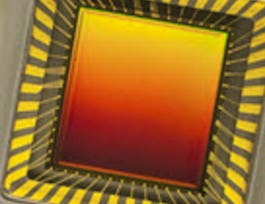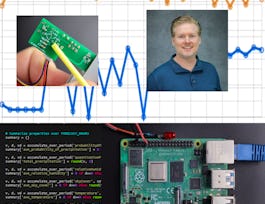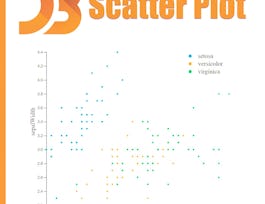The Raspberry Pi is a small, affordable single-board computer that you will use to design and develop fun and practical IoT devices while learning programming and computer hardware. In addition, you will learn how to set up up the Raspberry Pi environment, get a Linux operating system running, and write and execute some basic Python code on the Raspberry Pi. You will also learn how to use Python-based IDE (integrated development environments) for the Raspberry Pi and how to trace and debug Python code on the device. Please note that this course does not include discussion forums.


The Raspberry Pi Platform and Python Programming for the Raspberry Pi
This course is part of An Introduction to Programming the Internet of Things (IOT) Specialization
Taught in English
Some content may not be translated

Instructor: Ian Harris
122,930 already enrolled
Included with 
Course
(2,717 reviews)
95%
Details to know

Add to your LinkedIn profile
4 quizzes
Course
(2,717 reviews)
95%
See how employees at top companies are mastering in-demand skills

Build your subject-matter expertise
- Learn new concepts from industry experts
- Gain a foundational understanding of a subject or tool
- Develop job-relevant skills with hands-on projects
- Earn a shareable career certificate


Earn a career certificate
Add this credential to your LinkedIn profile, resume, or CV
Share it on social media and in your performance review

There are 4 modules in this course
This module describes the basic functionality the Raspberry Pi B+ board. I'll describe how to set up the board, configure it, and use it. An important point differentiating Raspberry Pi from the Arduino platform which we have talked about previously is that Raspberry Pi uses an operating system. I'll describe some of the implications of an operating system on the behavior of the Raspberry Pi as an IoT device.
What's included
10 videos4 readings1 quiz1 peer review
The Raspberry Pi is typically installed with a Linux-based operating system, so we present the basics of Linux and its use. We describe some of the main features including navigating the file system and managing processes. We describe the text-based user interface through the shell and we overview the graphic user interface which is the default with the Raspian Linux distribution.
What's included
10 videos2 readings1 quiz1 peer review
We present the basics of the Python programming language to prepare you for programming on the Raspberry Pi. Many languages can be used but Python is the most convenient for the Raspberry Pi because convenient APIs are provided for basic operations such as controlling the pins. Python is a powerful language with useful features that we will present so that you can use these features to control the Raspberry Pi.
What's included
10 videos2 readings1 quiz1 peer review
In this module we describe how to communicate with devices through the pins of the Raspberry Pi. We examine the RPi.GPIO library which provides Python functions used to access the pins. We discuss how to set up the pins, apply digital voltages, and generate Pulse Width Modulated signals. We also describe the Tkinter Python library and show how it can be used to access pins through a graphic user interface.
What's included
10 videos3 readings1 quiz1 peer review
Instructor

Offered by
Recommended if you're interested in Software Development

University of California, Irvine

Johns Hopkins University

University of California, Irvine

Coursera Project Network
Why people choose Coursera for their career




Learner reviews
Showing 3 of 2717
2,717 reviews
- 5 stars
74.55%
- 4 stars
19.88%
- 3 stars
4.05%
- 2 stars
0.77%
- 1 star
0.73%
New to Software Development? Start here.

Open new doors with Coursera Plus
Unlimited access to 7,000+ world-class courses, hands-on projects, and job-ready certificate programs - all included in your subscription
Advance your career with an online degree
Earn a degree from world-class universities - 100% online
Join over 3,400 global companies that choose Coursera for Business
Upskill your employees to excel in the digital economy
Frequently asked questions
Access to lectures and assignments depends on your type of enrollment. If you take a course in audit mode, you will be able to see most course materials for free. To access graded assignments and to earn a Certificate, you will need to purchase the Certificate experience, during or after your audit. If you don't see the audit option:
The course may not offer an audit option. You can try a Free Trial instead, or apply for Financial Aid.
The course may offer 'Full Course, No Certificate' instead. This option lets you see all course materials, submit required assessments, and get a final grade. This also means that you will not be able to purchase a Certificate experience.
When you enroll in the course, you get access to all of the courses in the Specialization, and you earn a certificate when you complete the work. Your electronic Certificate will be added to your Accomplishments page - from there, you can print your Certificate or add it to your LinkedIn profile. If you only want to read and view the course content, you can audit the course for free.
If you subscribed, you get a 7-day free trial during which you can cancel at no penalty. After that, we don’t give refunds, but you can cancel your subscription at any time. See our full refund policy.

